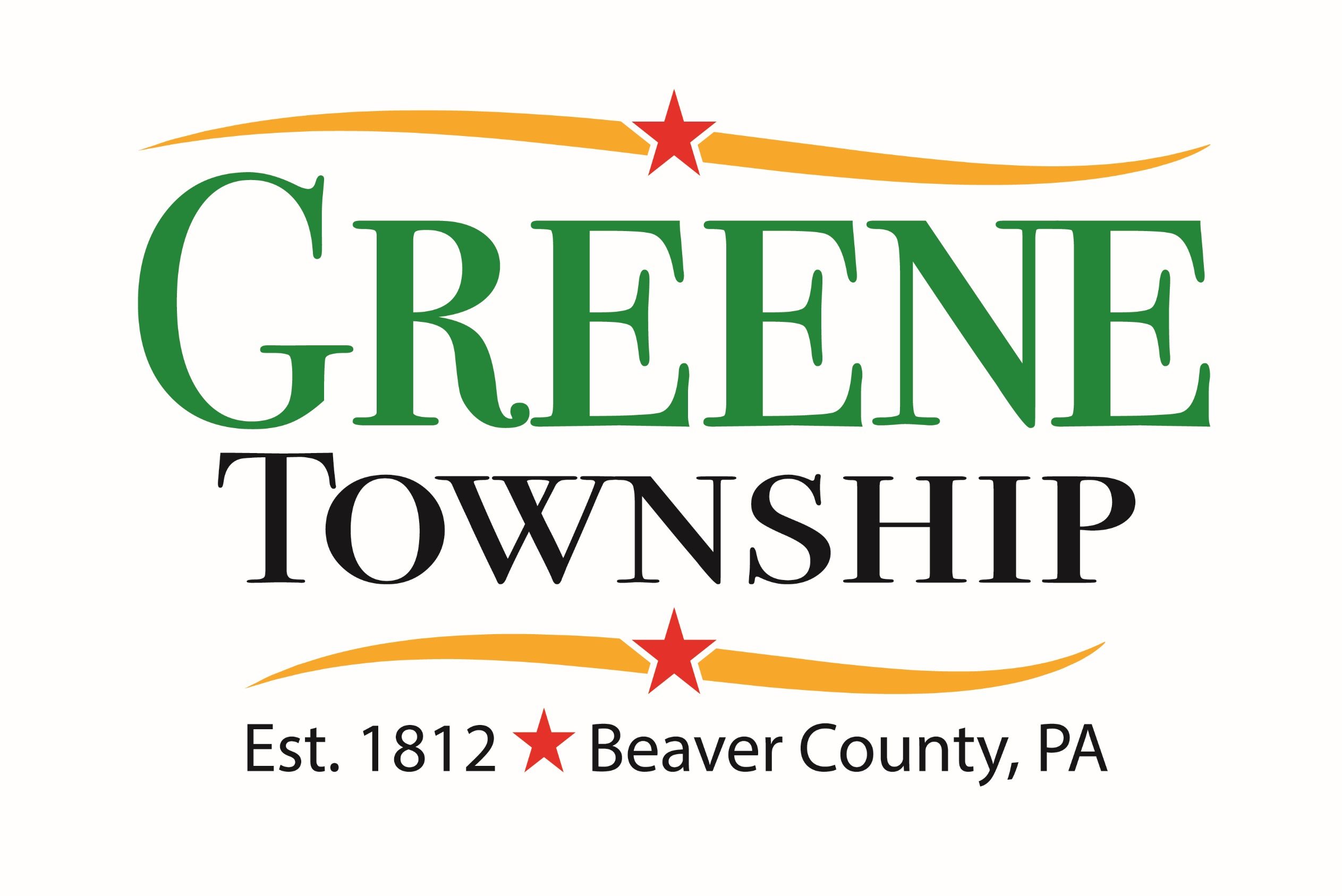PATRICK MCGUIRE ♦ Code Enforcement & Zoning ♦ 724-968-9263
Demolition of a structure requires a Zoning Application (check the demolition box) and is important so that we can notify the county for a proper accounting of buildings on your parcel. The fee for the application can be found here. Questions regarding demolition of a structure should be directed to the township zoning officer.
- Notify PA One Call at 800-242-1776 or at paonecall.org at least 3 days prior to the start of any demolition or excavation.
- Identify the type and location of site utilities such as gas, electric, cable, internet, water service lateral, public sewer lateral, on-lot well or on-lot sewer system on the site plan.
- Utility disconnections: Service utility connections shall be disconnected and capped in accordance with the approved rules and requirements of the applicable governing authority.
- Identify on the site plan any existing underground or aboveground storage tanks containing combustible and flammable liquids. A separate permit shall be made and obtained from the Pennsylvania Department of Labor and Industry.
- Asbestos shall be removed in accordance with the Pennsylvania Department of Environmental Protection Air Quality regulations. Asbestos removal is regulated by the Department of Labor and Industry 717-772-3396.
- The work of demolishing and building shall not commence until pedestrian protection is in place. https://codes.iccsafe.org/content/IBC2015/chapter-33-safeguards-during-construction
- Provisions shall be made to prevent the accumulation of water or damage to any foundations on the premises or adjoining property. 3305.5
- Future construction (if applicable) requires backfilling with approved engineered fill or excavation to virgin soil.
- Explosives may not be used to demolish any unit of structure.
- Under no circumstances shall any structure be set afire.
- Proof of homeowners insurance for residential demos will be required. Commercial demos will need to provide proof of insurance or sign a waiver limiting the township’s liability.

